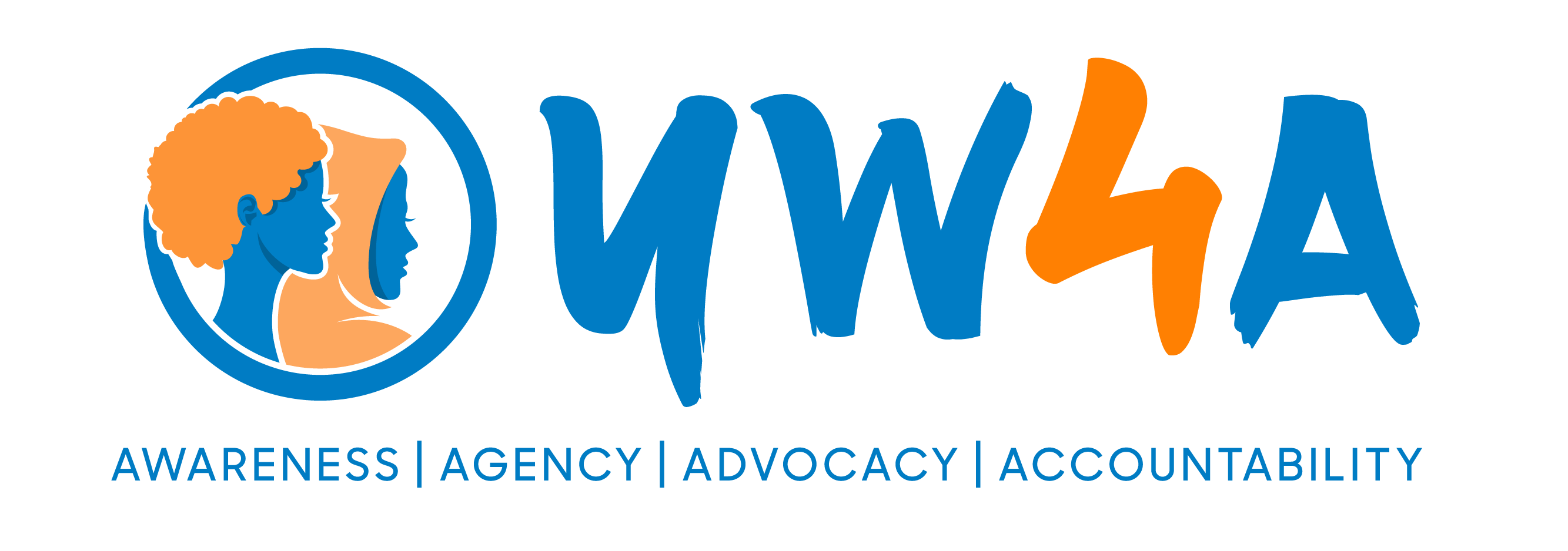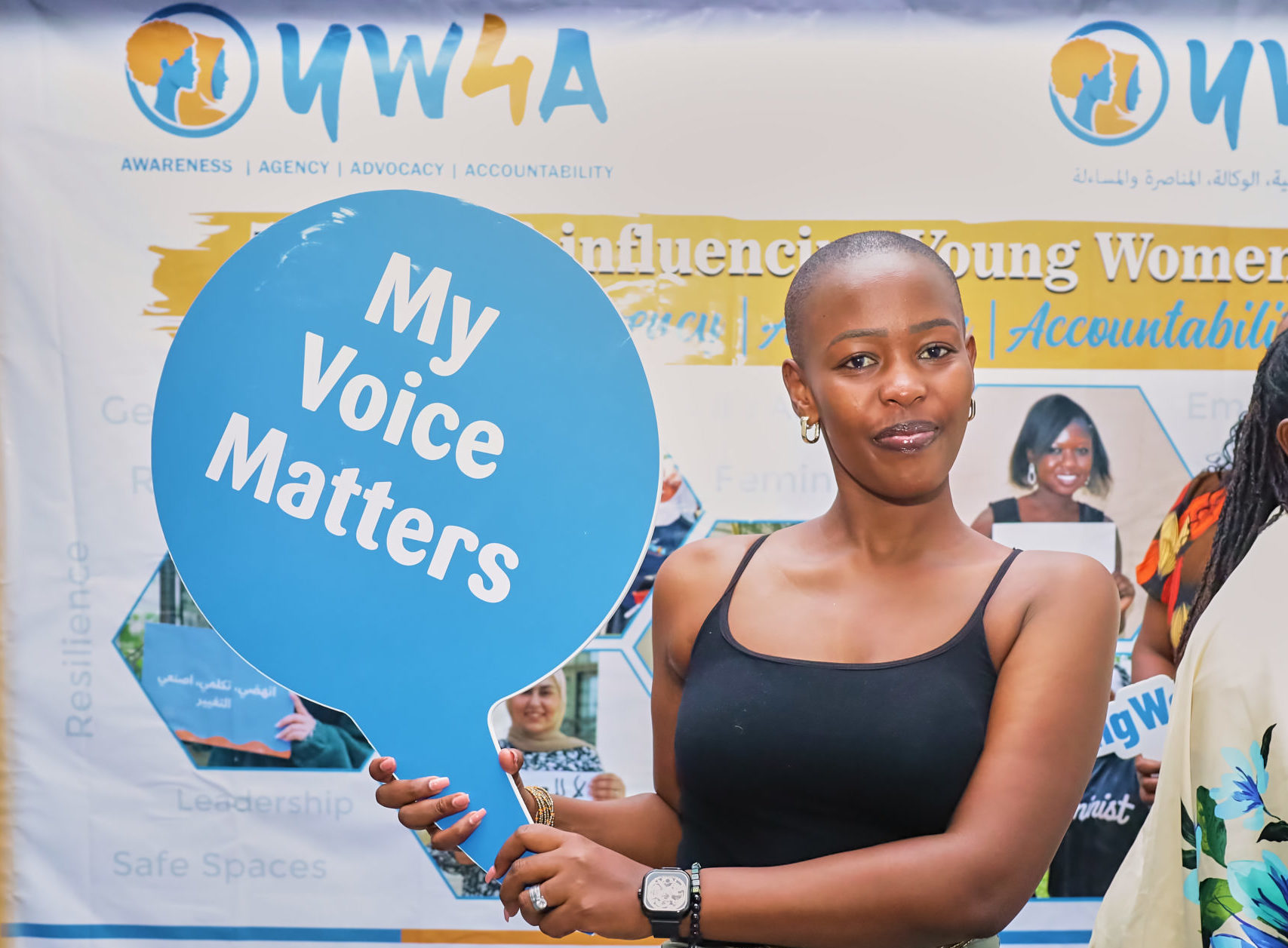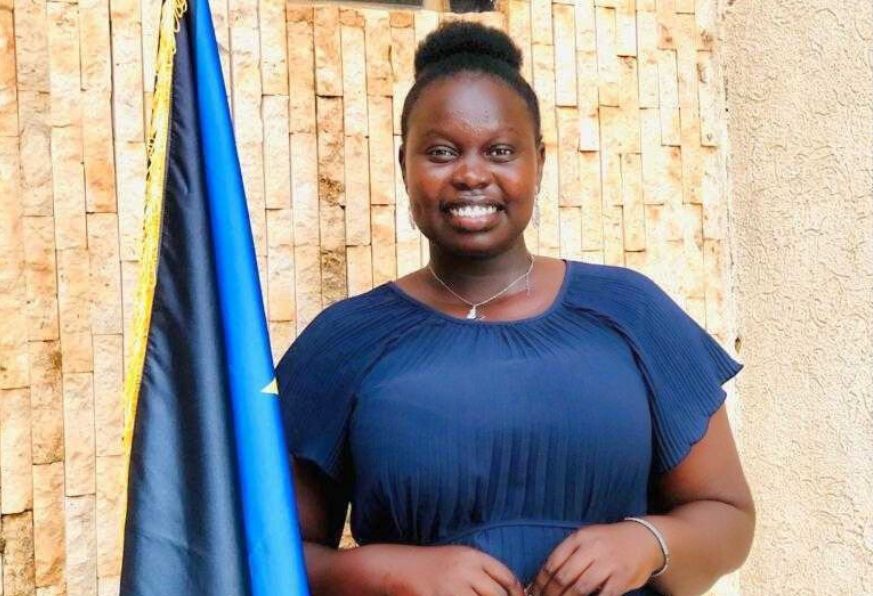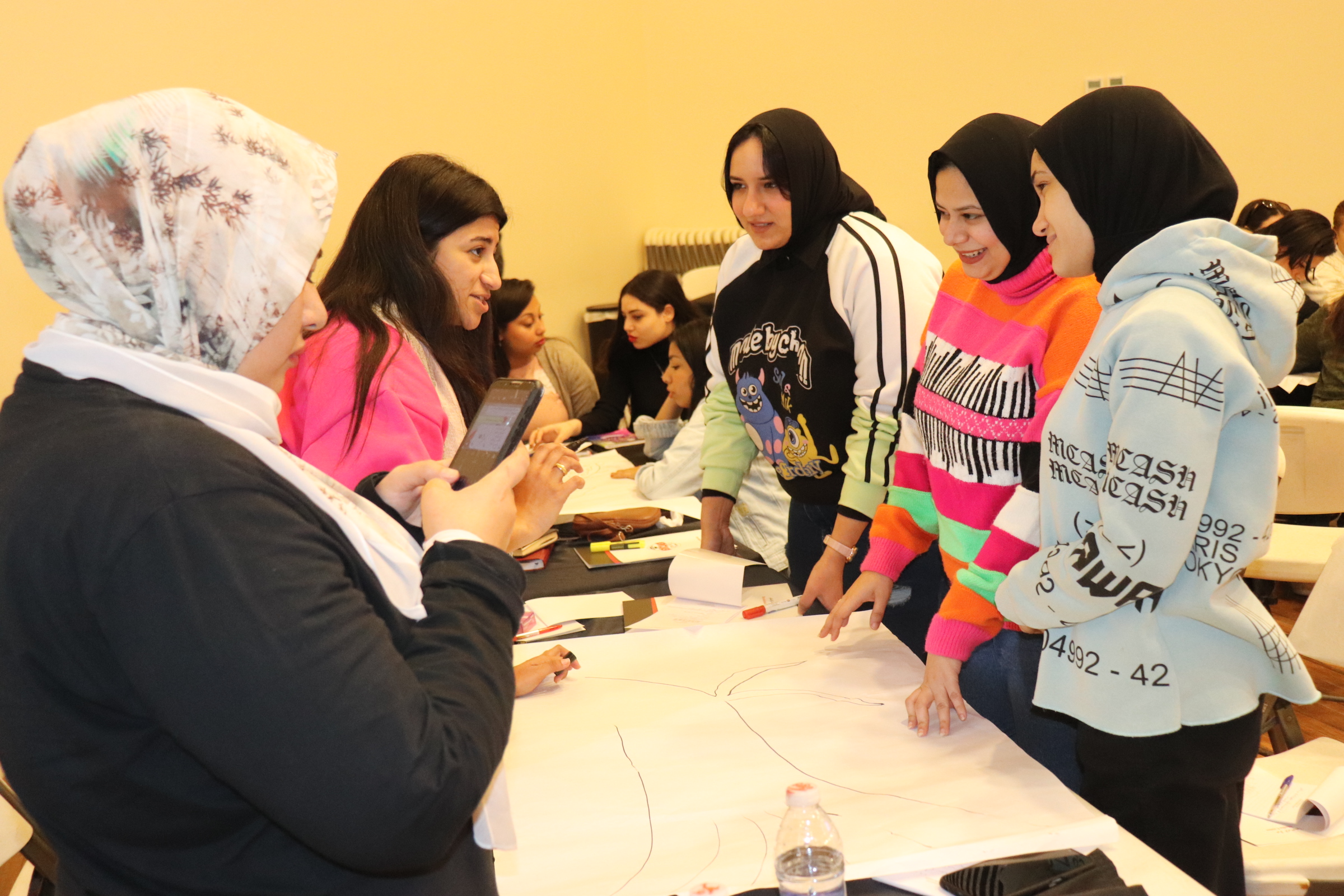The 5th Inter-Religious Convention in Machakos felt different this year. The conversations were honest and practical. Faith leaders, young women, and partners came ready to share what is actually happening in their communities, that is, what is working, what is not, and what needs to change.
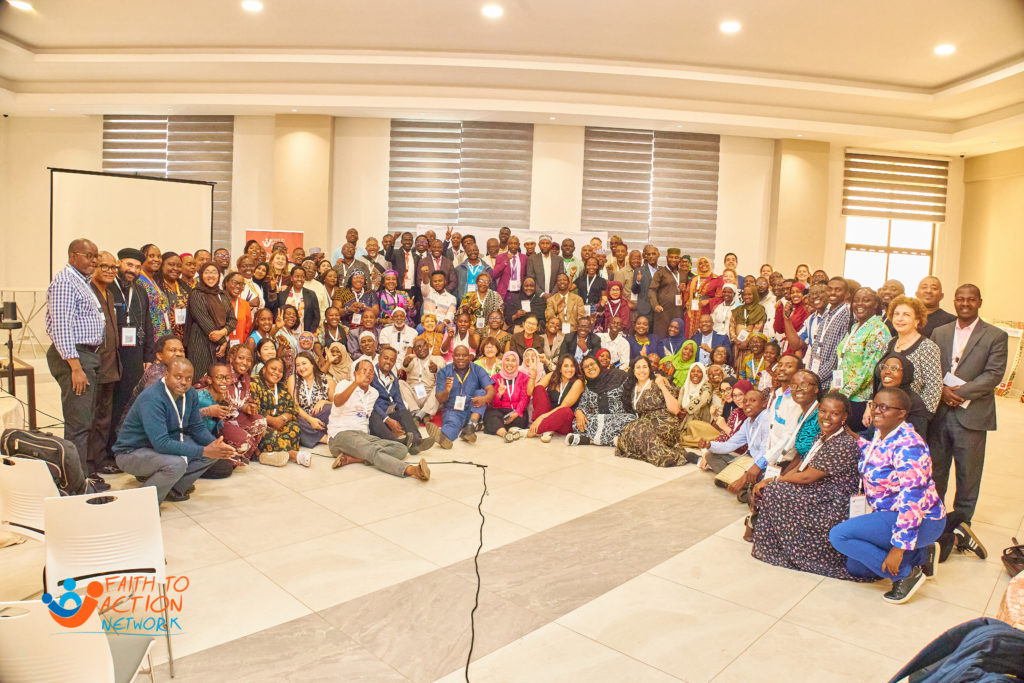
Hosted by Faith to Action Network, the Convention brought together representatives from African Traditional Religion, Islam, Christianity, Buddhism, and the Baha’i faith. Partners such as the World YWCA, Church of Sweden, Bread for the World, UNFPA, Amplify Change, and the Open Society Foundations joined the discussions. Over three days, participants explored how faith can promote peace, inclusion, and gender justice in a world marked by conflict, inequality, and shrinking development funding.
One message echoed through the sessions: faith leaders must be gate openers, not gatekeepers.
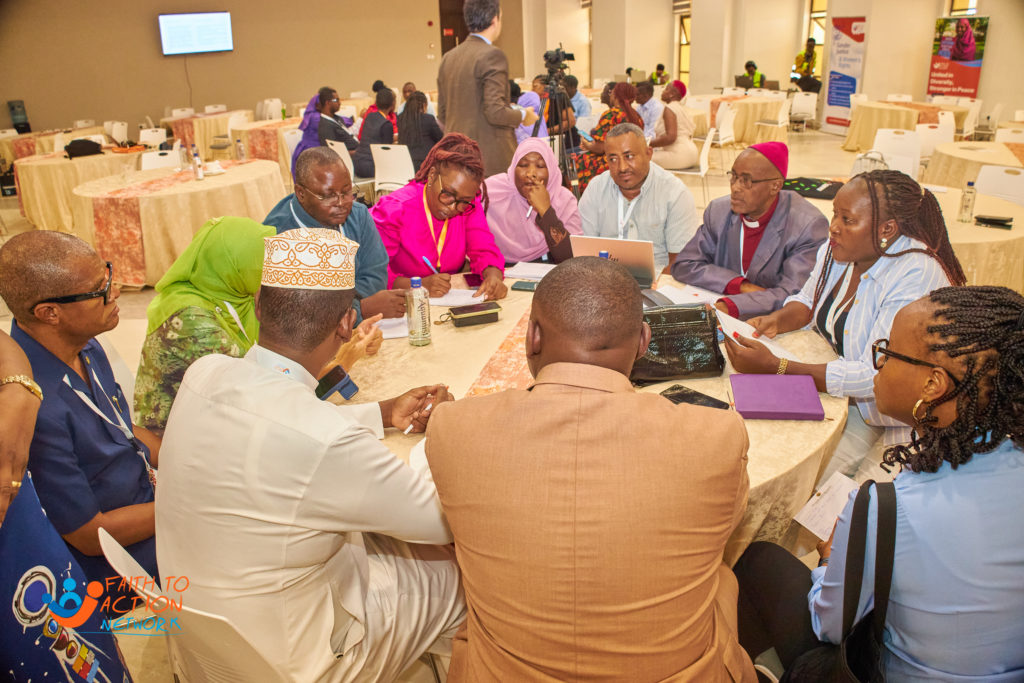
Professor Azzezat, a Muslim scholar, reimagined a familiar story:
“If a woman was created from a rib, an organ that protects the heart and lungs, she was made from strength, not weakness.”
Her words challenged long-held interpretations and invited reflection on how faith can defend dignity and equality. Reverend Godfrey Adera of the Anglican Church of Kenya echoed this, reminding everyone that leadership in faith should serve people, not position.
The convention also marked a moment of visible progress for the Young Women for Awareness, Agency, Advocacy and Accountability (YW4A) consortium partners and initiative. After five years of work across Egypt, Kenya, Palestine, and South Sudan, YW4A’s influence was evident in how faith and rights were discussed.
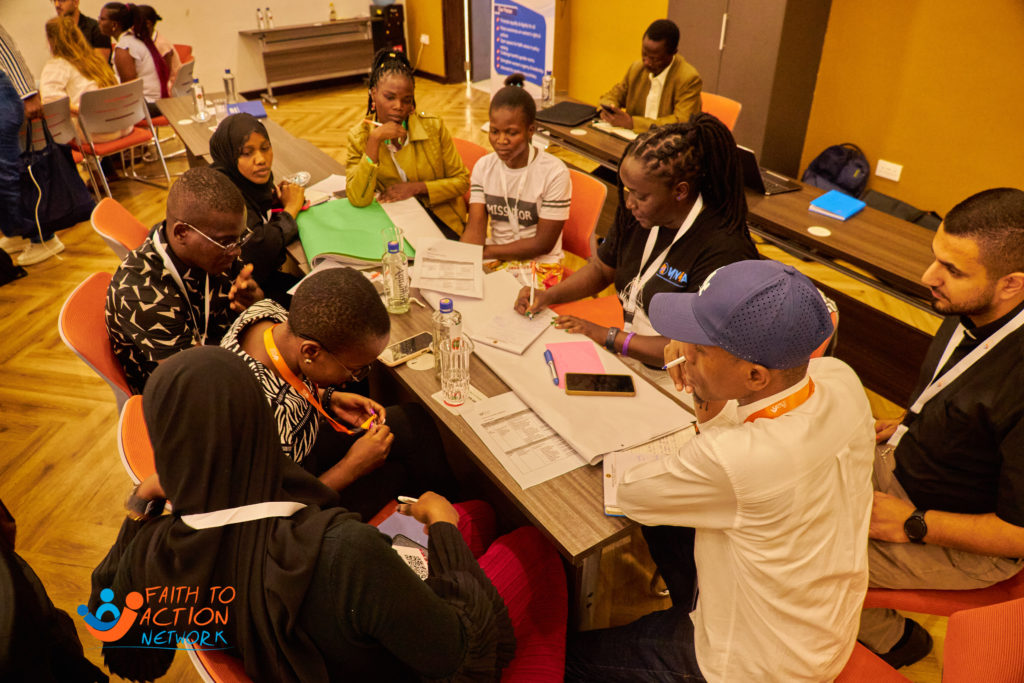
Young women from YW4A countries led panels, moderated sessions, and shared progress from their communities, showing how transformation looks when young women move from participants to recognised leaders.
Thabani Ncube, the Global Lead of the YW4A Partnership Initiative at the World YWCA, reflected on leadership, perseverance, and faith,
“Faith itself is not the obstacle. Interpretation is. Faith becomes a springboard for change when reinterpreted with a justice lens. Women do not need to be given a voice. They already have one. What we need are faith and policy structures that stop silencing them.”
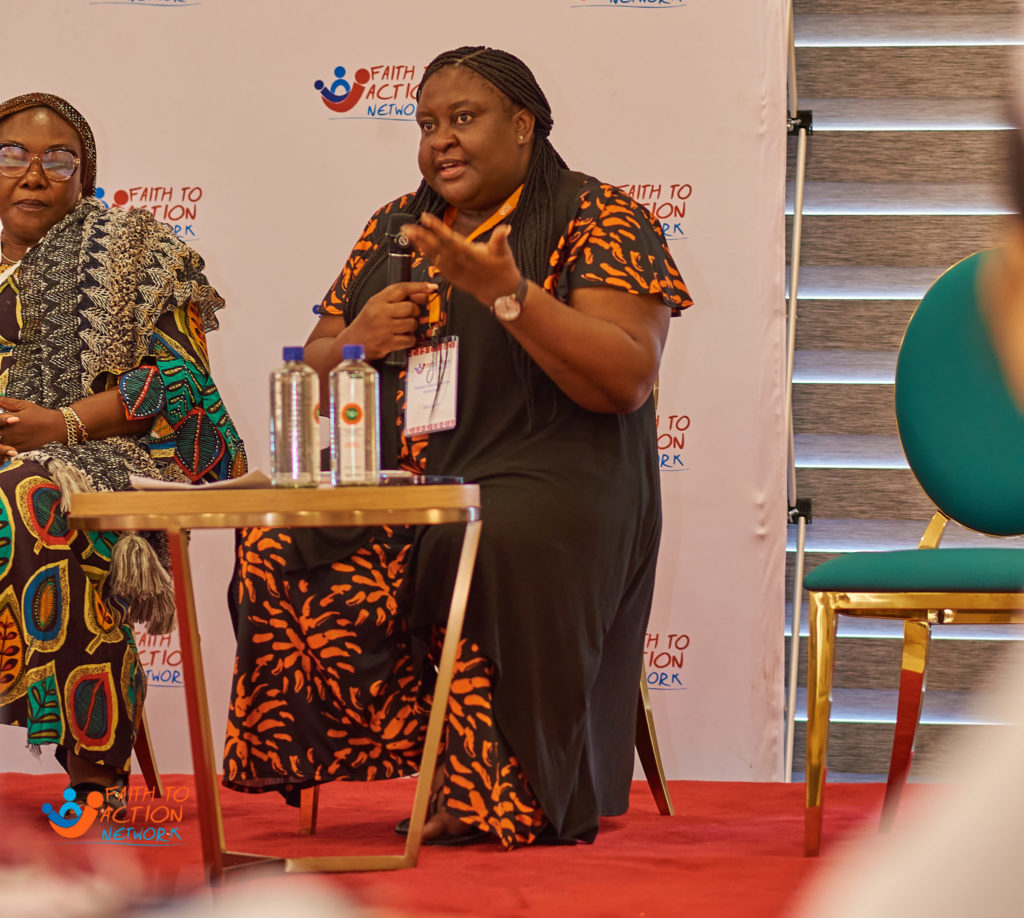
YW4A’s work was visible across the regions:
- In Palestine, young women worked with Christian and Muslim leaders to create a GBV referral matrix.
- In Kenya, faith and youth coalitions pushed county governments to adopt SGBV policies.
- In Egypt, the Coptic Orthodox Church developed a gender action plan and a youth-led harassment hotline.
- In South Sudan, women took up new leadership roles within the Episcopal and Islamic Councils.
The convention closed with a clear message that faith can be a force for unity and accountability when grounded in compassion and truth. Thabani added that,
“Faith can either shield patriarchy or propel justice. The choice lies in how we lead and the alliances we build. ”
The three main themes, Gender Justice, Sexual and Reproductive Health and Rights, and Peace and Religious Freedom, focused on real experience, not theory. Faith leaders spoke about how they are using their influence to challenge harmful norms, support survivors, and create spaces for women and youth to lead.
There was also a frank discussion about sustainability, given the global decline in funding for gender and health programmes. Participants called for collaboration over competition, exploring new models such as income-generating work and pooled community resources.
